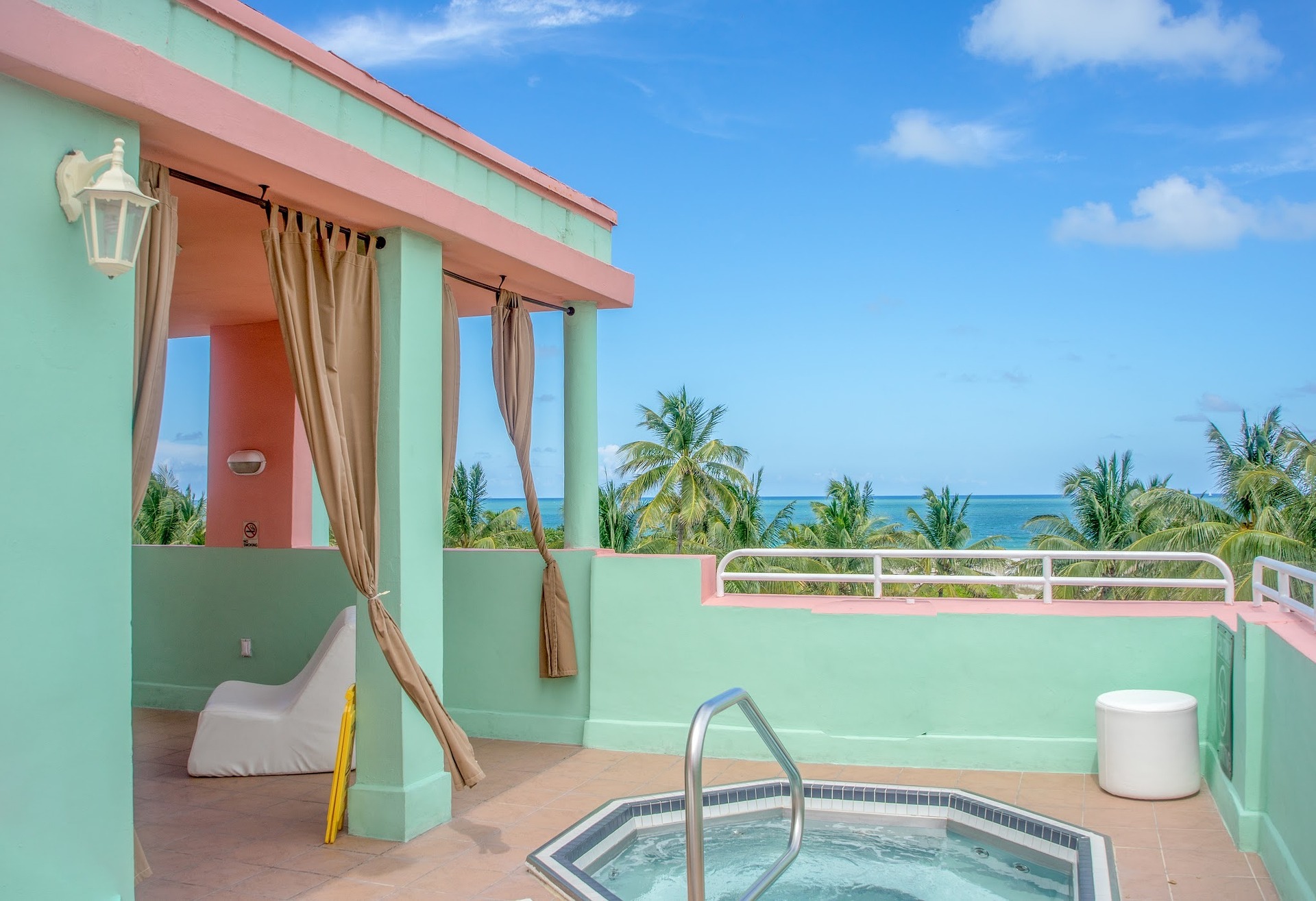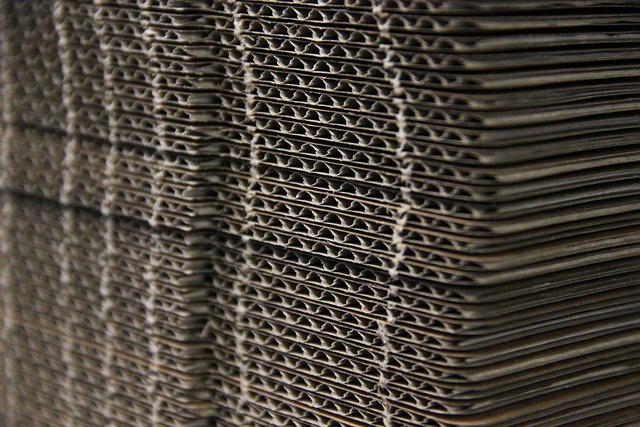Roofing Options in the US – Compare Trusted Choices Today
Homeowners and commercial property owners across the United States face numerous decisions when selecting roofing materials and services. From traditional asphalt shingles to modern metal systems, the roofing industry offers diverse solutions that vary in durability, cost, and aesthetic appeal. Understanding these options helps property owners make informed decisions about installation, repairs, and maintenance while considering factors like climate, budget, and long-term value.

What Are the Different Roofing Materials and Styles Available in the US?
American homes and businesses utilize several primary roofing materials, each offering distinct advantages. Asphalt shingles remain the most popular choice, covering approximately 75% of residential properties due to their affordability and ease of installation. Metal roofing has gained significant popularity, particularly in areas prone to severe weather, offering durability that can last 40-70 years.
Clay and concrete tiles provide excellent longevity and fire resistance, making them common in southwestern and western states. Wood shingles and shakes offer natural beauty but require more maintenance and may face restrictions in fire-prone areas. Slate roofing represents the premium option, potentially lasting over 100 years but requiring specialized installation expertise and substantial structural support.
Flat roofing systems serve commercial buildings and modern residential designs through materials like EPDM rubber, TPO, and modified bitumen. Each material responds differently to regional climate conditions, from hurricane-force winds in coastal areas to heavy snow loads in northern states.
How to Compare Roofing Service Providers in Your Local Area
Selecting qualified roofing contractors requires careful evaluation of credentials, experience, and local reputation. Licensed contractors should carry proper insurance coverage, including general liability and workers’ compensation. State licensing requirements vary, but reputable contractors maintain current certifications and manufacturer training credentials.
Local Better Business Bureau ratings, online reviews, and references from recent projects provide insight into contractor reliability and work quality. Established companies typically offer written warranties covering both materials and workmanship, with terms ranging from 10-25 years depending on the roofing system.
Regional contractors often understand local building codes, weather patterns, and permit requirements better than national chains. However, larger companies may offer more comprehensive service packages and standardized quality controls. Multiple quotes help property owners compare pricing, materials, and project timelines while identifying unusually high or low estimates that warrant additional scrutiny.
Where to Find Information on Maintenance, Repairs, and Installation Services
Professional roofing services encompass three primary categories: new installations, repair work, and preventive maintenance. Installation projects require the most extensive planning, involving permit acquisition, material selection, structural assessments, and coordination with other trades.
Repair services address issues like leak detection, damaged shingles, flashing problems, and gutter maintenance. Emergency repairs for storm damage or sudden leaks typically command premium pricing but prevent more extensive property damage. Many contractors offer 24-hour emergency services for urgent situations.
Preventive maintenance programs help extend roof lifespan through regular inspections, cleaning, and minor repairs. These services often include gutter cleaning, debris removal, and seasonal assessments that identify potential problems before they require major repairs. Commercial properties frequently benefit from maintenance contracts that provide scheduled service and priority scheduling.
Options for Residential and Commercial Roofing Projects
Residential roofing projects typically focus on aesthetic appeal, energy efficiency, and long-term value enhancement. Homeowners consider factors like neighborhood architectural styles, homeowners association requirements, and resale value when selecting materials. Installation usually occurs during favorable weather periods and may take 1-3 days for average-sized homes.
Commercial roofing emphasizes durability, weather resistance, and minimal maintenance requirements. Large commercial projects often involve specialized systems like built-up roofing, spray foam applications, or green roof installations. These projects require extensive planning, engineered specifications, and coordination with building operations to minimize business disruption.
Industrial facilities may require specialized roofing solutions for chemical resistance, extreme temperature variations, or heavy equipment loads. These applications often involve custom engineering and specialized contractors with relevant experience in industrial environments.
Factors to Consider When Choosing the Right Roofing Solution
Climate conditions significantly influence roofing material selection across different US regions. Coastal areas require materials resistant to salt air and hurricane-force winds, while northern climates demand solutions that handle freeze-thaw cycles and heavy snow loads. Desert regions need materials that withstand extreme heat and UV exposure, while areas with frequent hail storms benefit from impact-resistant options.
Budget considerations include both initial installation costs and long-term maintenance expenses. Premium materials like slate or copper require higher upfront investment but offer exceptional longevity. Mid-range options like architectural shingles or metal roofing balance cost and performance for many property owners.
Local building codes, homeowners association restrictions, and architectural styles also influence material selection. Some municipalities mandate specific materials for fire safety or aesthetic consistency, while historic districts may require traditional materials and installation methods.
| Service Provider | Services Offered | Typical Cost Range |
|---|---|---|
| GAF Master Elite Contractors | Asphalt shingle installation, repairs | $8,000-$15,000 (average home) |
| Metal Roofing Alliance Members | Metal roofing systems, commercial projects | $12,000-$25,000 (average home) |
| Local Licensed Contractors | All materials, repairs, maintenance | $6,000-$20,000+ (varies by project) |
| Owens Corning Preferred Contractors | Shingle systems, energy-efficient options | $7,500-$14,000 (average home) |
Prices, rates, or cost estimates mentioned in this article are based on the latest available information but may change over time. Independent research is advised before making financial decisions.
Conclusion
Selecting appropriate roofing solutions requires balancing multiple factors including climate requirements, budget constraints, aesthetic preferences, and long-term maintenance considerations. Property owners benefit from researching local contractors, understanding material options, and obtaining multiple professional assessments before making final decisions. Quality installation and regular maintenance protect property investments while ensuring safety and comfort for occupants across diverse American climates and architectural styles.




